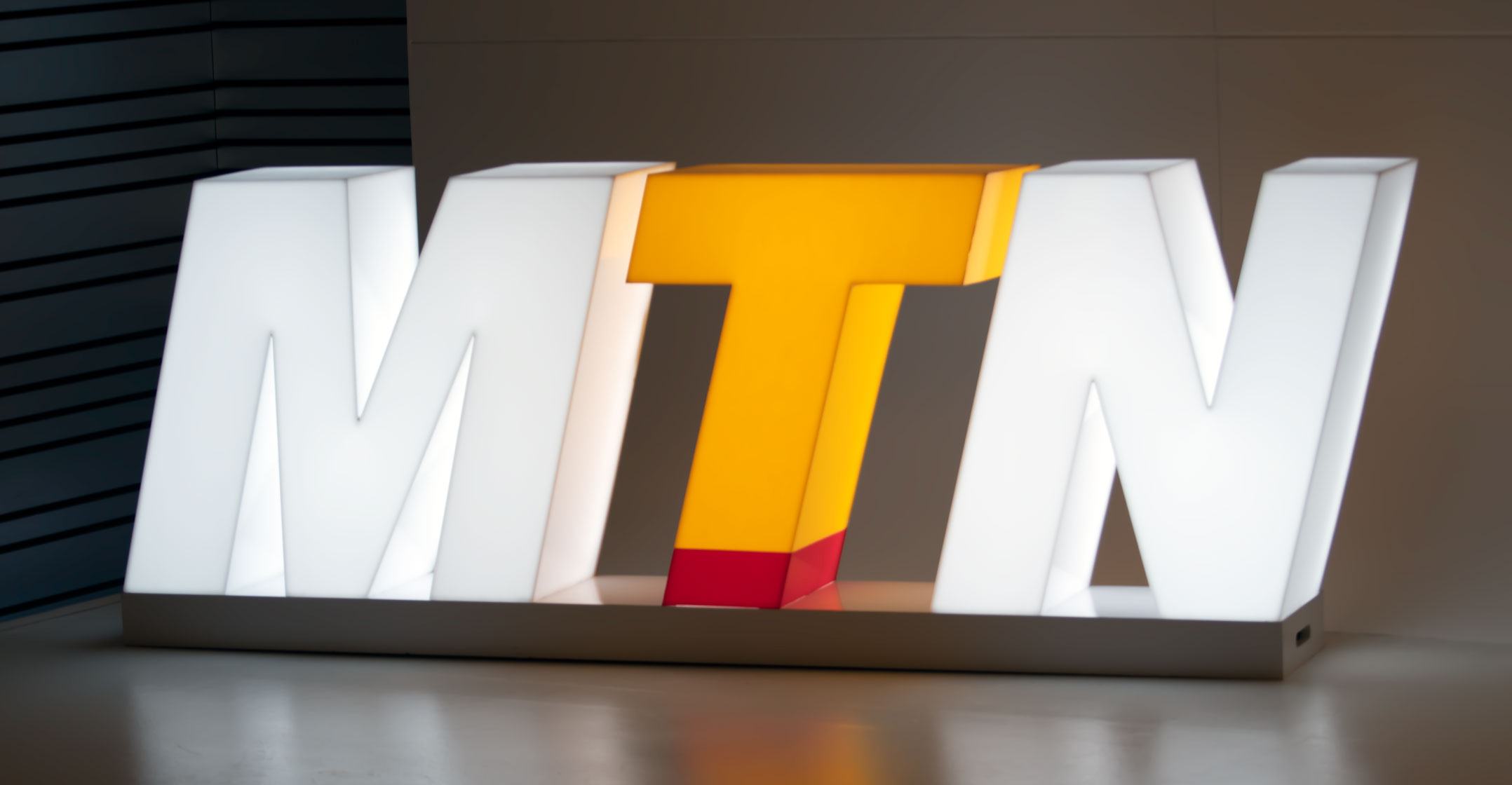 MTN Group is valuing its mobile money arm at R75-billion, joining African wireless carriers planning to list these businesses in a region that has more mobile money accounts than anywhere else in the world.
MTN Group is valuing its mobile money arm at R75-billion, joining African wireless carriers planning to list these businesses in a region that has more mobile money accounts than anywhere else in the world.
MTN’s valuation of its unit follows Mastercard and TPG Holdings investing US$300-million in Airtel Africa’s mobile money business at a $2.65-billion (R39-billion) valuation.
“With similar valuations to that of Airtel, our valuation would sit at R75-billion, or about $5-billion,” said MTN Chief Executive Officer Ralph Mupita. “No decision has been made as yet, but listing will be an option considered if that will be the best approach to unlock value.”
Johannesburg-listed MTN has previously said it was looking to spin off its fintech business.
Mobile money, where users store and manage cash in an account linked to a mobile phone, is one of the fastest growing sources of income for wireless network operators like MTN and Vodafone Group. Sub-Saharan Africa, which struggles with limited banking infrastructure, has more mobile money accounts than anywhere else in the world, with about 548 million at the end of 2020, or 54% of all customers, according to the GSMA, the global mobile operator industry group.
Part-owned by Vodacom, Safaricom is the largest mobile money provider in the region with 27 million people that use M-Pesa as a mobile bank — buying groceries, borrowing money, transferring cash.
Untapped potential
While the region now boasts $490-billion in transaction values, according to the GSMA, there’s still a lot of untapped potential, with two of its most populous regions, Nigeria and Ethiopia, yet to roll out of the service.
MTN and Safaricom are planning to bid for an Ethiopian operating licence, although it’s uncertain that mobile money services could be rolled out with the initial licences in the country.
Similarly, Nigeria has been a laggard in rolling out mobile money services, providing some provisional licences. Last week, banks in Nigeria cut off MTN from payment platforms during a negotiation process where the mobile operator wanted to lower commissions costs on transactions. — (c) 2021 Bloomberg LP




